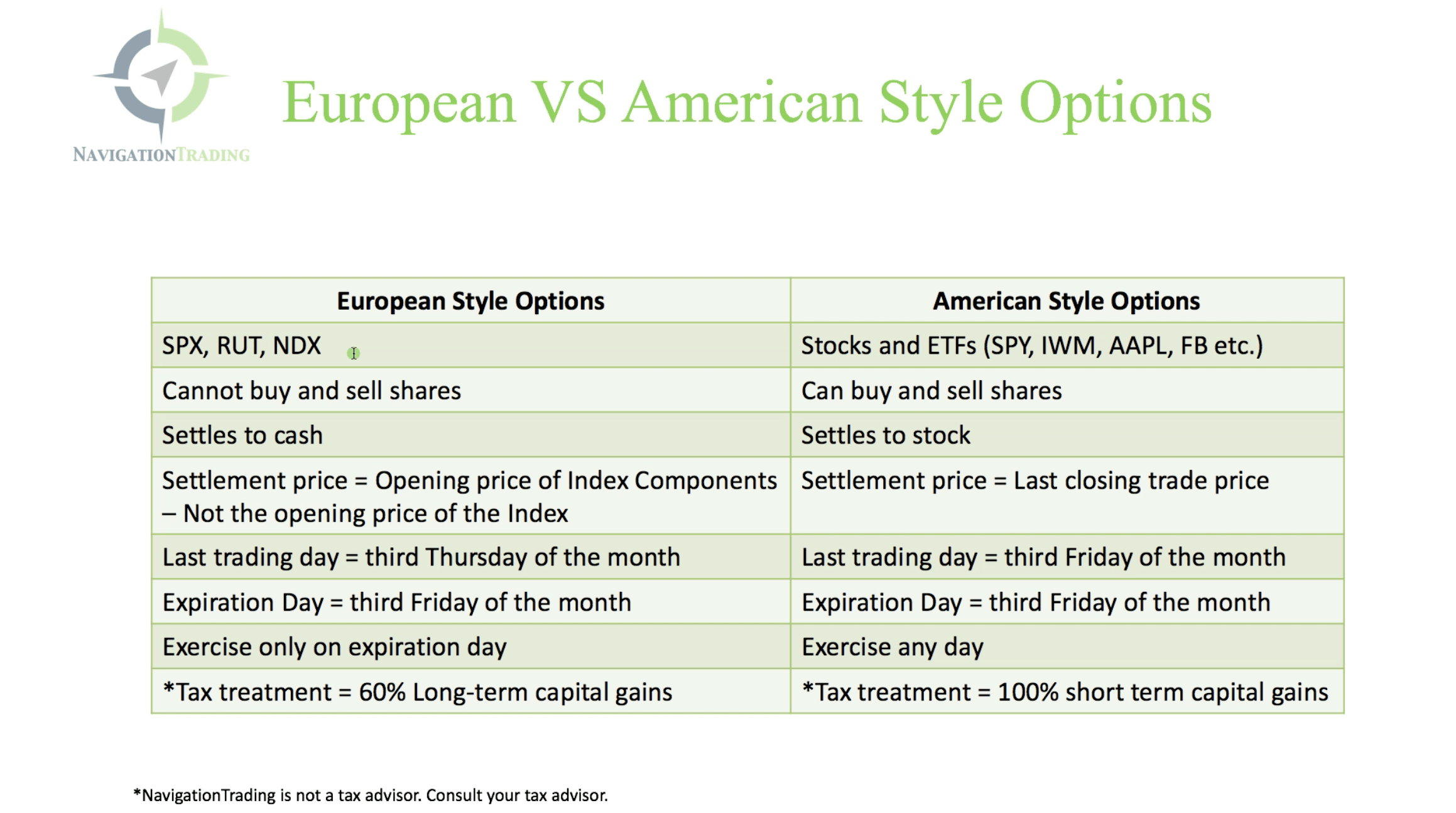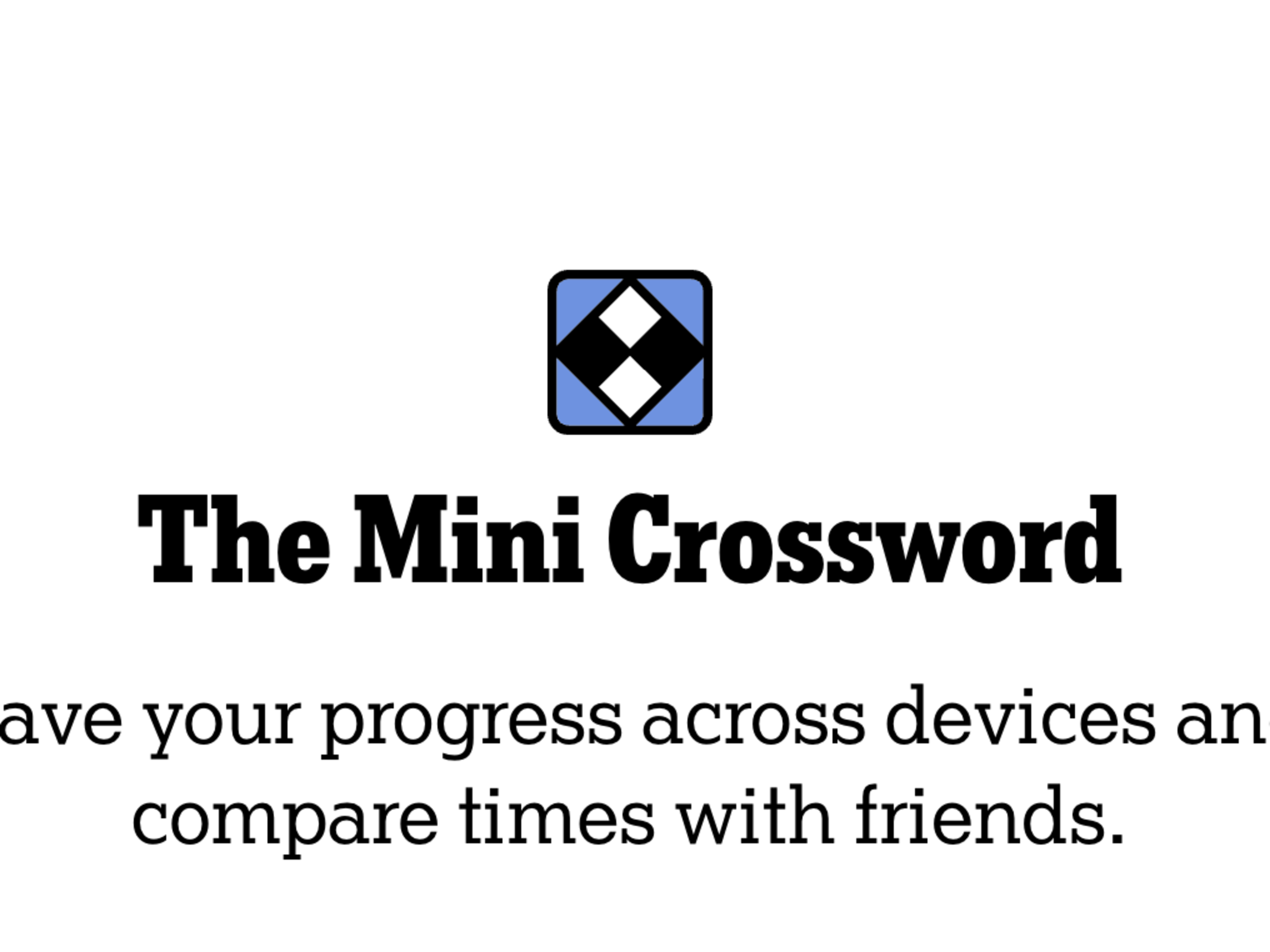Love Monster: A Guide To Understanding The Complexities Of Loving A Difficult Person

Table of Contents
Identifying the "Love Monster" Traits
Defining "difficult" personality traits requires sensitivity. We're not labeling individuals; rather, we’re focusing on observable behaviors that significantly impact relationships. These behaviors aren't necessarily indicative of a clinical diagnosis, but they can create immense strain. It’s crucial to differentiate between challenging personality traits and diagnosable disorders like personality disorders or bipolar disorder. If you suspect a more serious underlying condition, professional help is essential.
Here are some specific behaviors indicative of a "love monster" personality:
- Controlling behavior: Dictating schedules, finances, social interactions, or monitoring online activity.
- Emotional manipulation: Using guilt-tripping, gaslighting (making someone question their sanity), or other manipulative tactics to control the situation.
- Explosive anger and unpredictable outbursts: Frequent, intense anger episodes with little or no warning.
- Lack of empathy or disregard for feelings: Showing little to no concern for the emotional well-being of others.
- Chronic negativity and criticism: Consistently finding fault, belittling achievements, and focusing on the negative aspects of situations.
Understanding the Roots of Difficult Behavior
Understanding the reasons behind a "love monster's" behavior is crucial, but it’s vital to remember that understanding doesn't equal excusing. Difficult behavior often stems from deep-seated issues.
Several factors can contribute to these challenging behaviors:
- Past trauma and unresolved emotional wounds: Childhood trauma, abuse, or significant loss can lead to unhealthy coping mechanisms.
- Unhealthy attachment styles from childhood: Insecure attachment styles (anxious-preoccupied or dismissive-avoidant) can manifest as controlling or emotionally unavailable behavior in adulthood.
- Learned coping mechanisms: Individuals may have learned to cope with stress and difficult emotions through unhealthy behaviors, such as anger or manipulation.
- Untreated mental health conditions: Anxiety, depression, or personality disorders can significantly impact behavior and interpersonal relationships. Seeking professional diagnosis and treatment is vital in these cases.
Strategies for Navigating a Relationship with a "Love Monster"
Navigating a relationship with a challenging partner requires a multifaceted approach that prioritizes both your well-being and the potential for positive change.
- Setting healthy boundaries: Clearly communicate your needs and limits. This includes saying "no" when necessary and refusing to tolerate abusive or disrespectful behavior.
- Prioritizing self-care: Engage in activities that nurture your physical, emotional, and mental health. This might include exercise, meditation, spending time with supportive friends and family, or pursuing hobbies.
- Seeking professional help: Couples therapy can provide a safe space to address communication issues and develop healthier patterns of interaction. Individual therapy can help you develop coping mechanisms and manage your emotional response to the challenging behaviors of your partner.
Here are some practical strategies:
- Assertive communication techniques: Learn to express your needs and feelings directly and respectfully, avoiding passive-aggressive behavior.
- Time management strategies to prevent burnout: Protect your time and energy by setting limits on interactions and engaging in self-care activities.
- Self-soothing techniques to manage stress: Develop healthy ways to cope with stress, such as deep breathing exercises, mindfulness meditation, or spending time in nature.
- Resources for finding qualified therapists: Use online directories or ask your primary care physician for referrals.
Recognizing When to Leave
While navigating challenging relationships requires patience and understanding, there's a crucial line between difficult personality traits and abusive behavior. You deserve to feel safe and respected in a relationship.
Warning signs that it's time to leave a relationship include:
- Physical, emotional, or verbal abuse: Any form of abuse is unacceptable and requires immediate action.
- Consistent threats or intimidation: Feeling consistently threatened or controlled is a major red flag.
- Isolation from friends and family: Being prevented from seeing loved ones is a form of control.
- Feeling unsafe or constantly walking on eggshells: You should not have to live in fear within your relationship.
If you are experiencing abuse, seek help immediately. Contact a domestic violence hotline or a local support organization. Your safety and well-being are paramount.
Conclusion
Loving a "love monster"—someone with challenging personality traits—presents unique difficulties. It requires self-awareness, strong boundaries, and often, professional help. Understanding the roots of the difficult behavior can offer empathy, but it shouldn't overshadow the need to prioritize your own well-being. Remember that you deserve to be in a healthy, supportive relationship where your needs are respected. If you're grappling with the complexities of loving a difficult person, remember you're not alone. Take the first step towards a healthier relationship by seeking professional guidance or connecting with support groups. Learning to manage these challenging dynamics is a journey, but one that’s worth taking for your own peace and happiness. Don't hesitate to reach out for help if you're struggling with a "love monster" situation. Your well-being is the most important thing.

Featured Posts
-
 Finding Safe Harbor Americans Trading Us Citizenship For European Options
May 21, 2025
Finding Safe Harbor Americans Trading Us Citizenship For European Options
May 21, 2025 -
 Llm Siri Apples Path To A More Intelligent Assistant
May 21, 2025
Llm Siri Apples Path To A More Intelligent Assistant
May 21, 2025 -
 Heartwarming Meaning Behind Peppa Pigs New Baby Sisters Name Revealed
May 21, 2025
Heartwarming Meaning Behind Peppa Pigs New Baby Sisters Name Revealed
May 21, 2025 -
 Nyt Mini Crossword Hints And Solutions April 26 2025
May 21, 2025
Nyt Mini Crossword Hints And Solutions April 26 2025
May 21, 2025 -
 Plouzane Et Clisson Beneficiaires De La Mission Patrimoine 2025
May 21, 2025
Plouzane Et Clisson Beneficiaires De La Mission Patrimoine 2025
May 21, 2025
